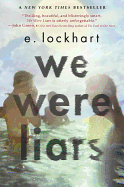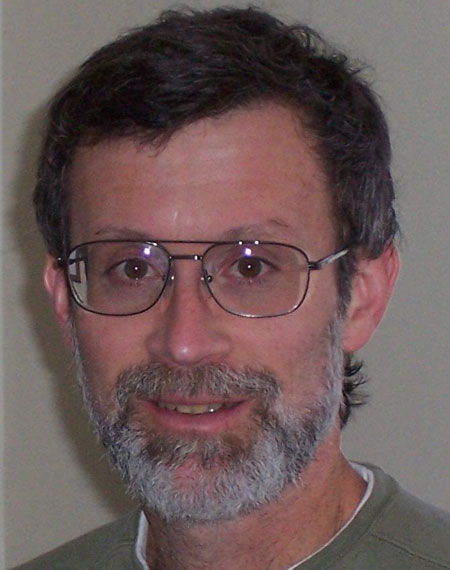 |
| photo: Carrie Knapp |
Robert Reed is the author of a dozen novels, including The Memory of Sky: A Great Ship Trilogy (Prime Books, March 5, 2014). His shorter science fiction--the bulk of his work--can be found in Asimov's SF, The Magazine of Fantasy and Science Fiction, Clarkesworld and other magazines. He has been nominated for many awards, and his novella, A Billion Eves, won the Hugo in 2007. Reed lives in Lincoln, Neb., with his wife and daughter.
On your nightstand now:
Five Billion Years of Solitude: The Search for Life Among the Stars by Lee Billings. Aliens are not an interest of mine--they are an obsession. The Fermi Paradox--the striking absence of ETs in a universe full of worlds and life-making ingredients--remains one of the great puzzles of science.
Favorite book when you were a child:
Any of 10 or 12 books about dinosaurs--the big, slow, feeble-witted dinosaurs that have recently gone extinct. I read the books as a boy, again and again, and I studied every intricate, outdated illustration. To this day my brain is wallpapered with images of brontosaurs wading through deep marshes and the Appalachians standing taller than the Himalayas.
Your top five authors:
Robert Silverberg: I admire him for his output and the breadth of his work, for a professional spirit that has no equal, and his capacity to walk away from the SF field when it doesn't pay enough attention to his devotions. William Faulkner: I couldn't read the genius, and then I could. I was in college, between my junior and senior years, lying on the table where prefabricated windows were fabricated. I was reading a Faulkner story about a Native man named Doom using poison to acquire power, and that voice has never left me. Gene Wolfe: a brilliant practitioner of a genre that has only one citizen--Gene Wolfe.
Ursula K. LeGuin: she is the adult in a room full of bright, unruly children. More than most SF, her work manages to involve genuine shadow-casting people. Alice Munro: my wife and the New Yorker introduced me to Alice's short fiction. While on vacation, my wife insisted that we drive through the author's home town. Presumably we saw her house, or at least were within shouting distance. It has been a long while since a Nobel announcement has earned unabashed approval from me. I'm not pretentious as much as I am ignorant of the world's fiction.
Book you've faked reading:
The Bible.
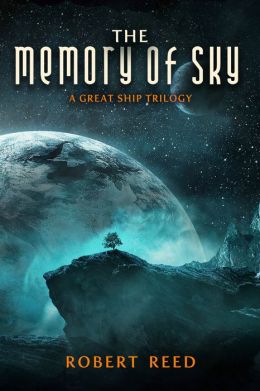 Book you're an evangelist for:
Book you're an evangelist for:
War and Peace by Leo Tolstoy. But with an important caveat: the edition translated by Pevear and Volokhonsky. I read a review several years ago--in the Atlantic, I think--and the reviewer used two versions of the same paragraph. The first was competent, complete with copy editing. The second was lyrical and seamless. I had tried the great book before, more than once. But this one proved to be a marvel.
Book you've bought for the cover:
The Unreasoning Mask by Phillip Jose Farmer. Decades later and I can still see the hooded figure with a face of stars, one hand speculatively holding an egg. About the book itself, I have no memories.
Book that changed your life:
A Farewell to Arms by Ernest Hemingway. I was 14 or 15, expecting a war story with a happy ending. But something else happened, and I was left sad, with the sense that the author had thrown his bearish arm over my shoulder, confiding to me, "Yeah, this is writing when it is true."
Favorite line from a book:
"There are a bunch of whores in the back, playing edible chess." --from The Hormone Jungle by R. Reed.
Book you most want to read again for the first time:
War and Peace by Tolstoy, Pevear and Volokhonsky.
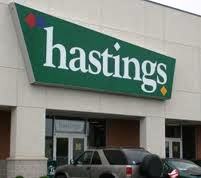 More on the Hastings Entertainment "merger" with subsidiaries of National Entertainment Collectibles Association, according to a Form 8-K filing the company made yesterday with the Securities and Exchange Commission.
More on the Hastings Entertainment "merger" with subsidiaries of National Entertainment Collectibles Association, according to a Form 8-K filing the company made yesterday with the Securities and Exchange Commission.









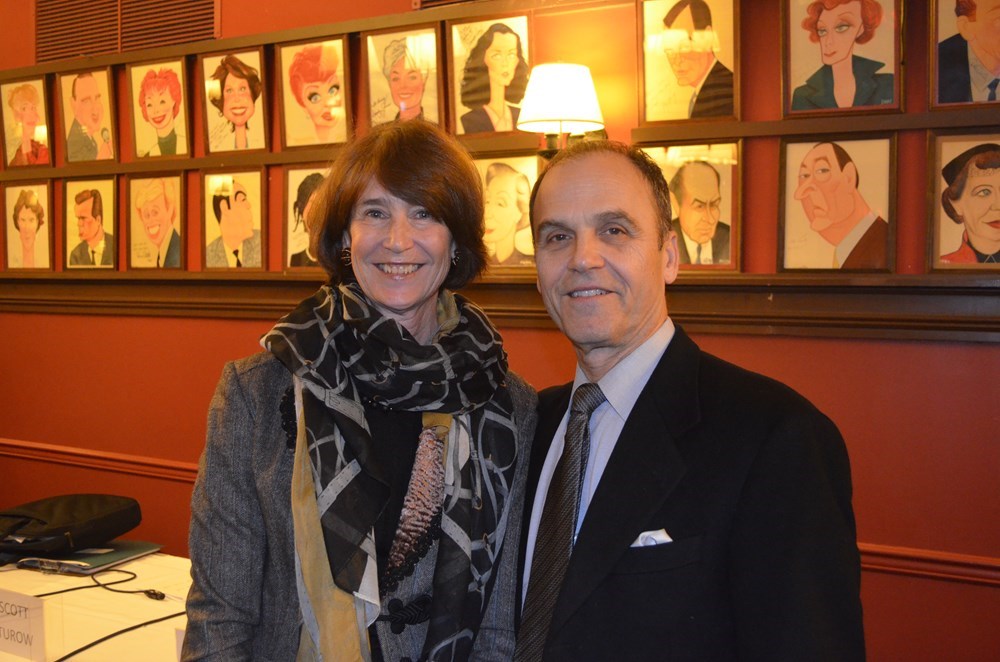

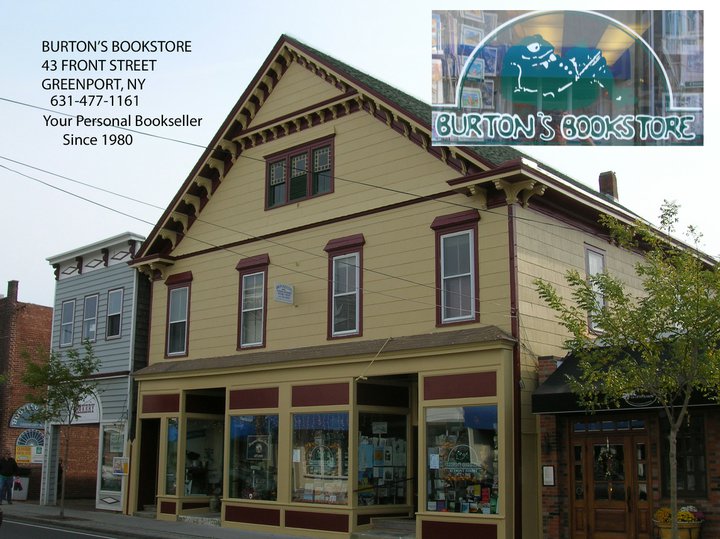 Noting "it might take a village to save one of Greenport's bookstores," the Suffolk Times reported that George Maaiki, who has owned
Noting "it might take a village to save one of Greenport's bookstores," the Suffolk Times reported that George Maaiki, who has owned 
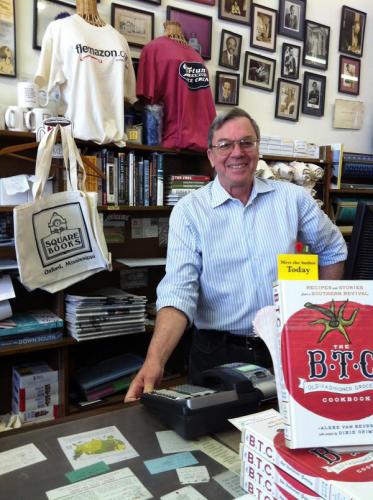 "It's probably been a year in the works, really," Cusumano said of the arrangement. While at Square Books, he plans to cover all bases, from handselling to running events and everything in between. "I've been known to visit Oxford in the past and I've known the owners for a good many years," he said. "We sort of batted around the idea for a while, and then said, let's try it."
"It's probably been a year in the works, really," Cusumano said of the arrangement. While at Square Books, he plans to cover all bases, from handselling to running events and everything in between. "I've been known to visit Oxford in the past and I've known the owners for a good many years," he said. "We sort of batted around the idea for a while, and then said, let's try it."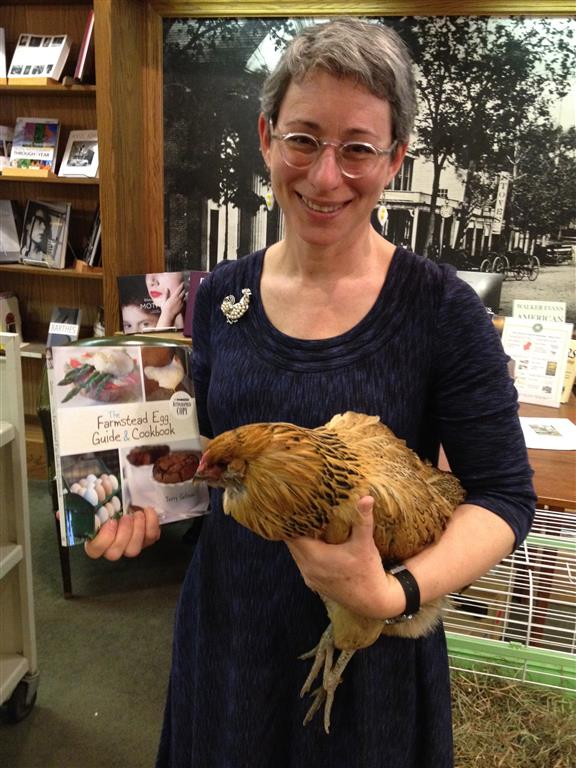 It was standing room only at
It was standing room only at 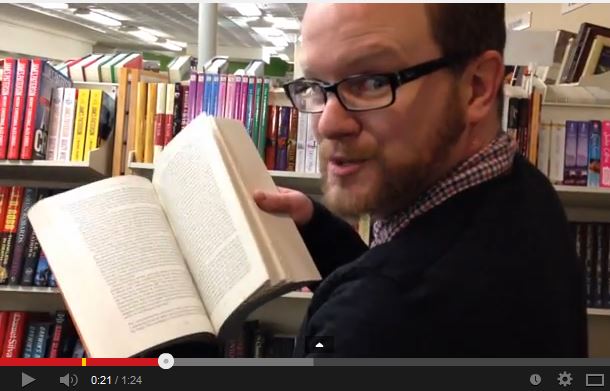
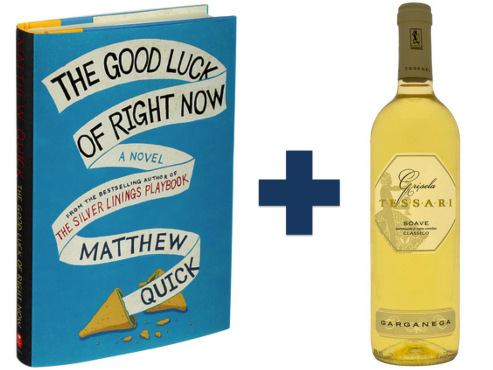 Last year, the bookseller began partnering with the local wine shop for monthly "Wine with the Author" events, calling it "a natural decision--one of those lightning-strikes-and-angels-sing kind of moments."
Last year, the bookseller began partnering with the local wine shop for monthly "Wine with the Author" events, calling it "a natural decision--one of those lightning-strikes-and-angels-sing kind of moments."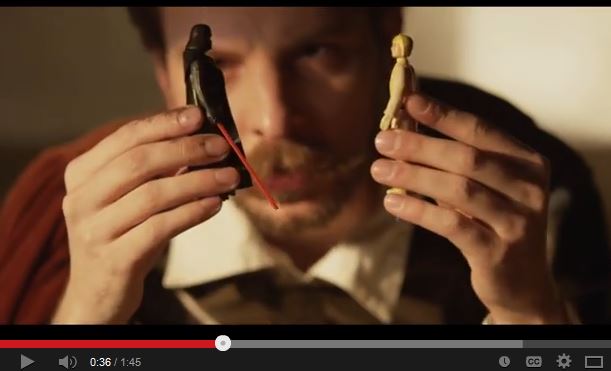 William Shakespeare's The Empire Striketh Back
William Shakespeare's The Empire Striketh Back
 Book you're an evangelist for:
Book you're an evangelist for: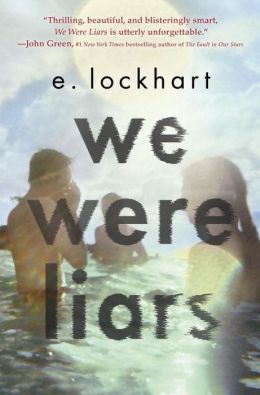 E. Lockhart's (The Disreputable History of Frankie Landau-Banks) latest novel will blow readers away. Spectacular plotting and character delineation build to an ending that will hit readers like a tidal wave.
E. Lockhart's (The Disreputable History of Frankie Landau-Banks) latest novel will blow readers away. Spectacular plotting and character delineation build to an ending that will hit readers like a tidal wave.